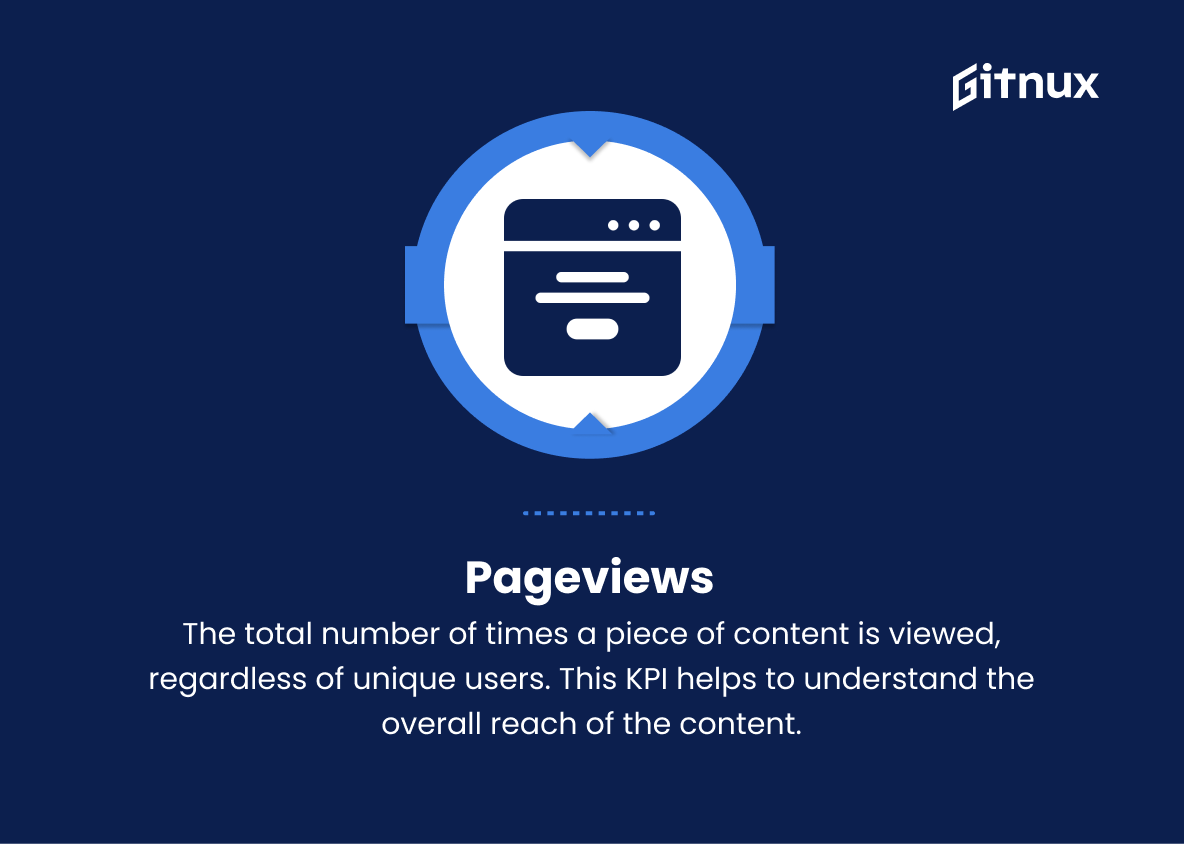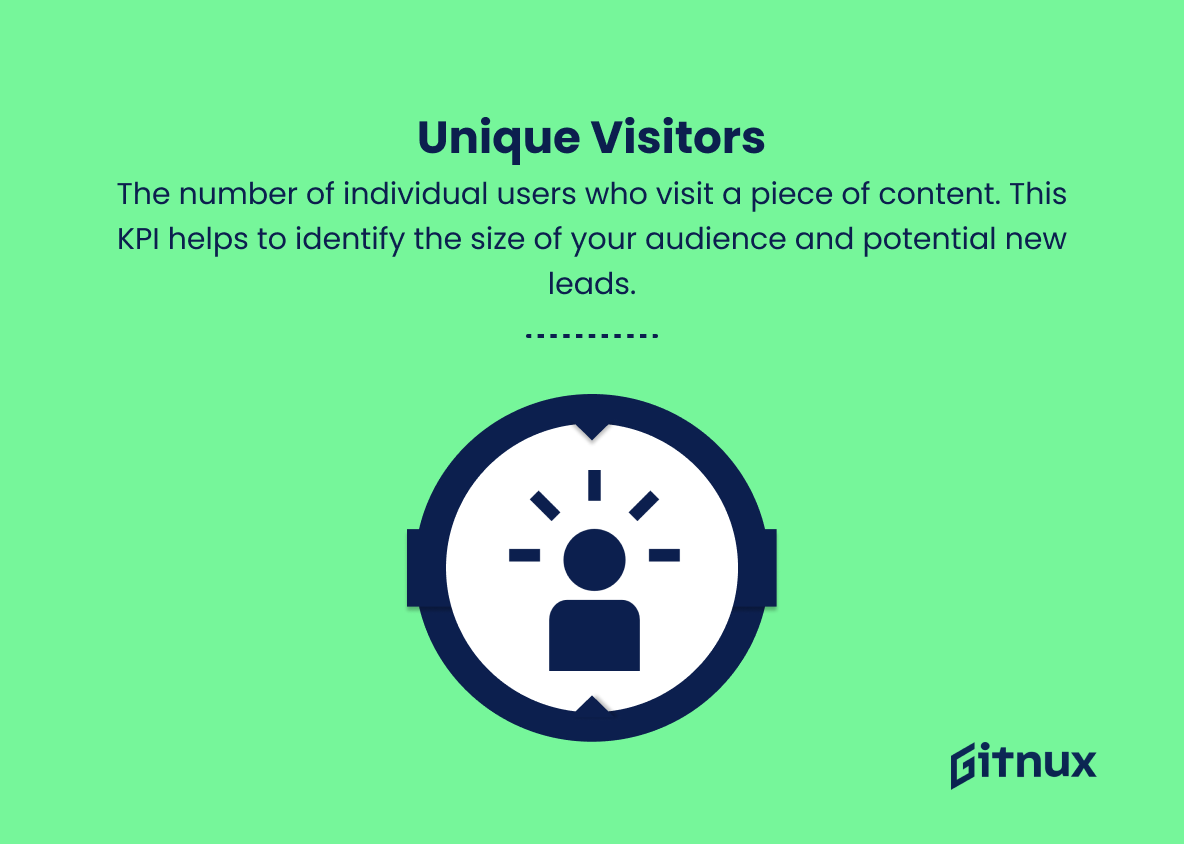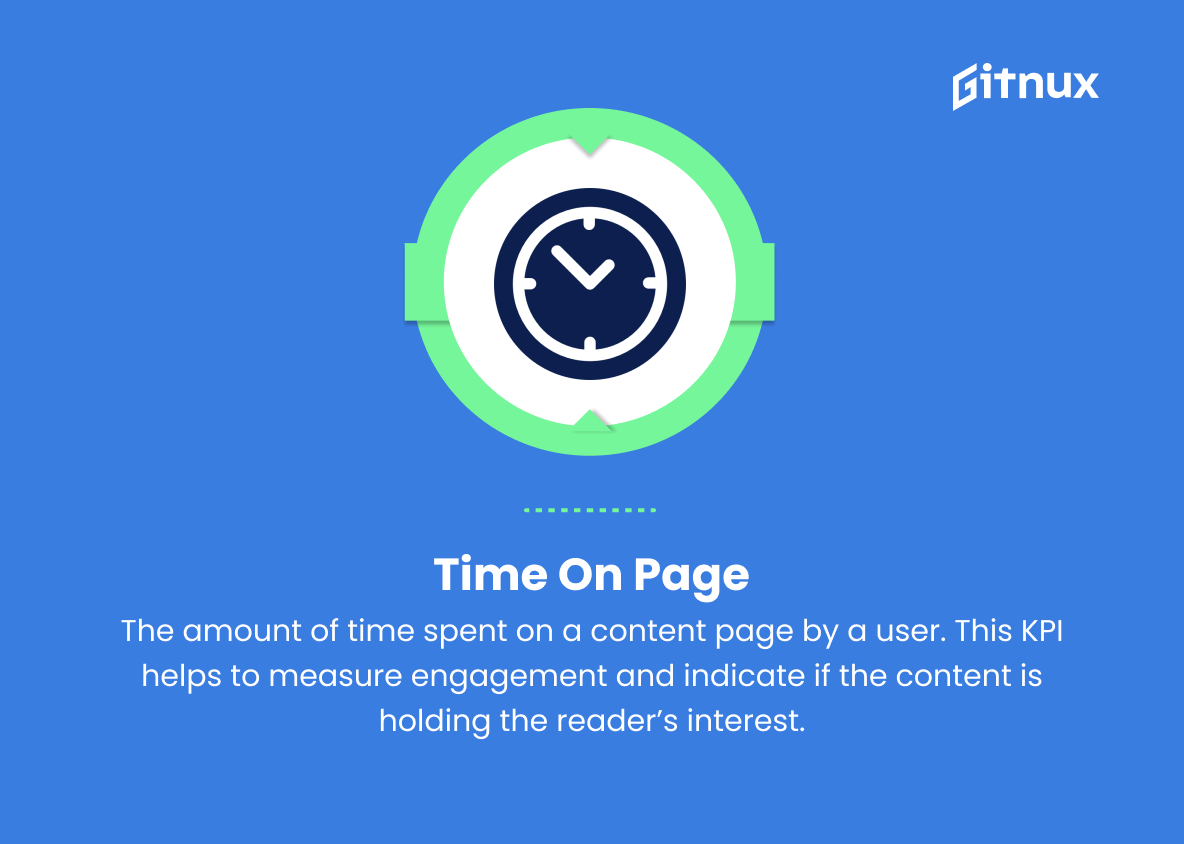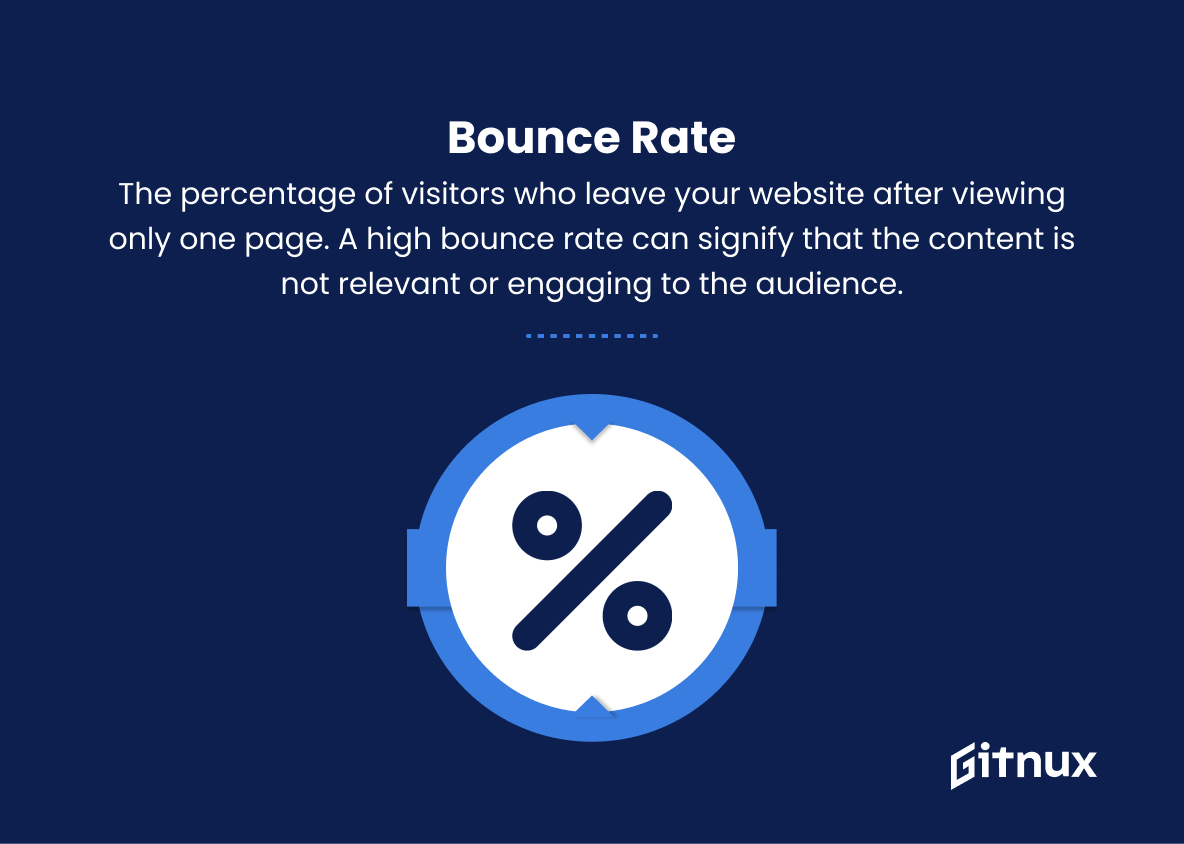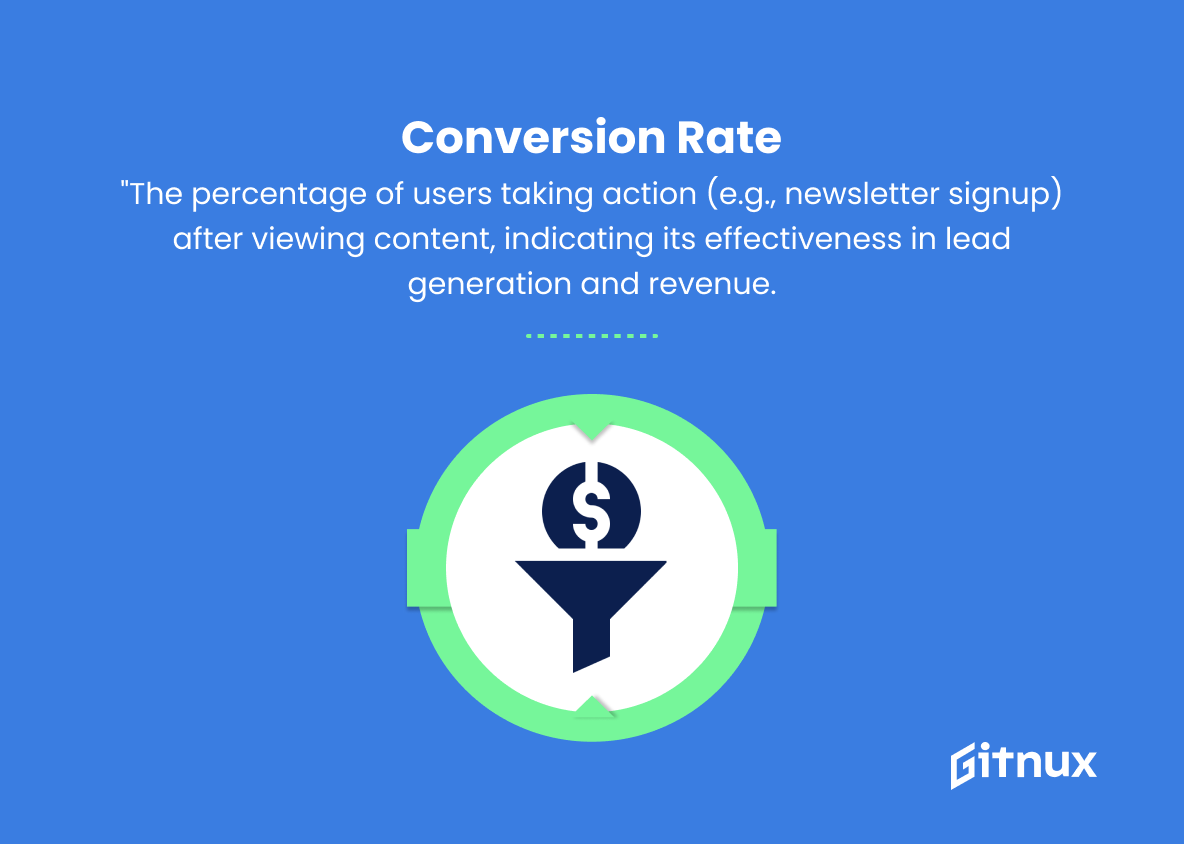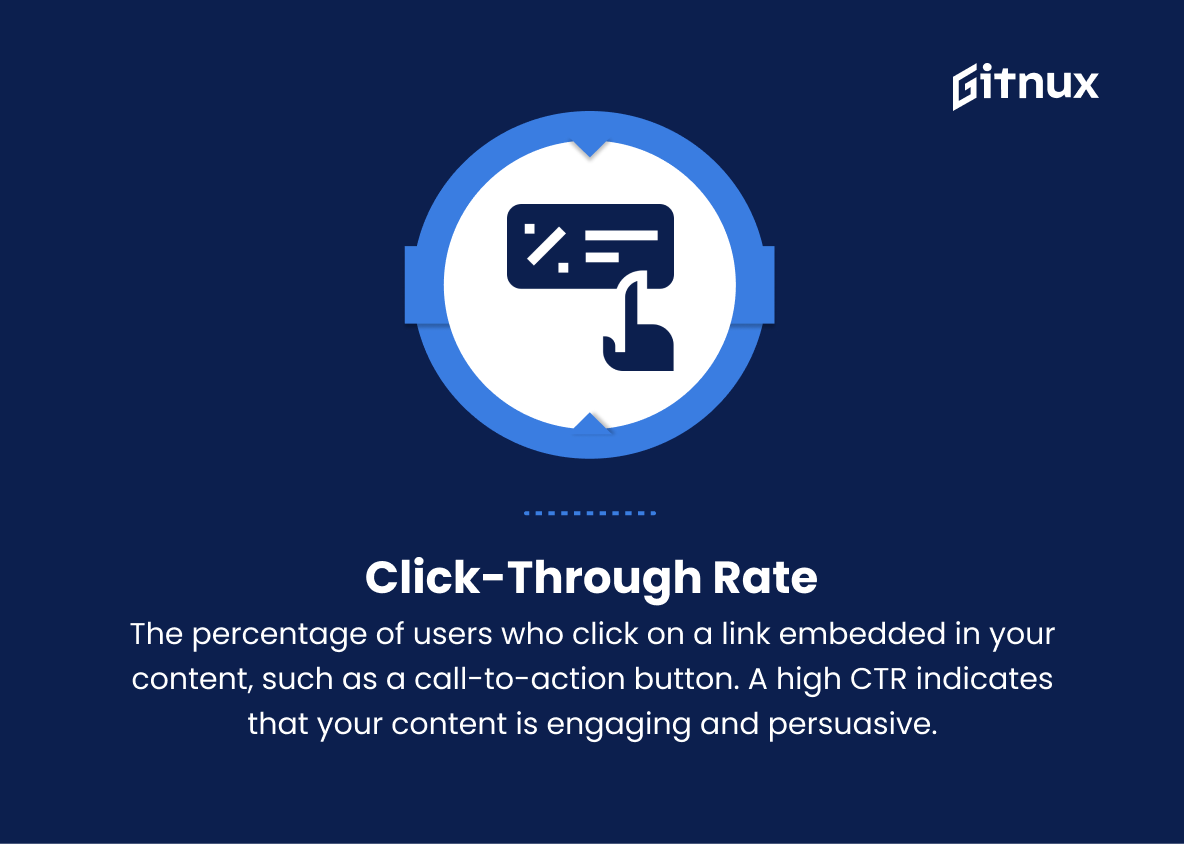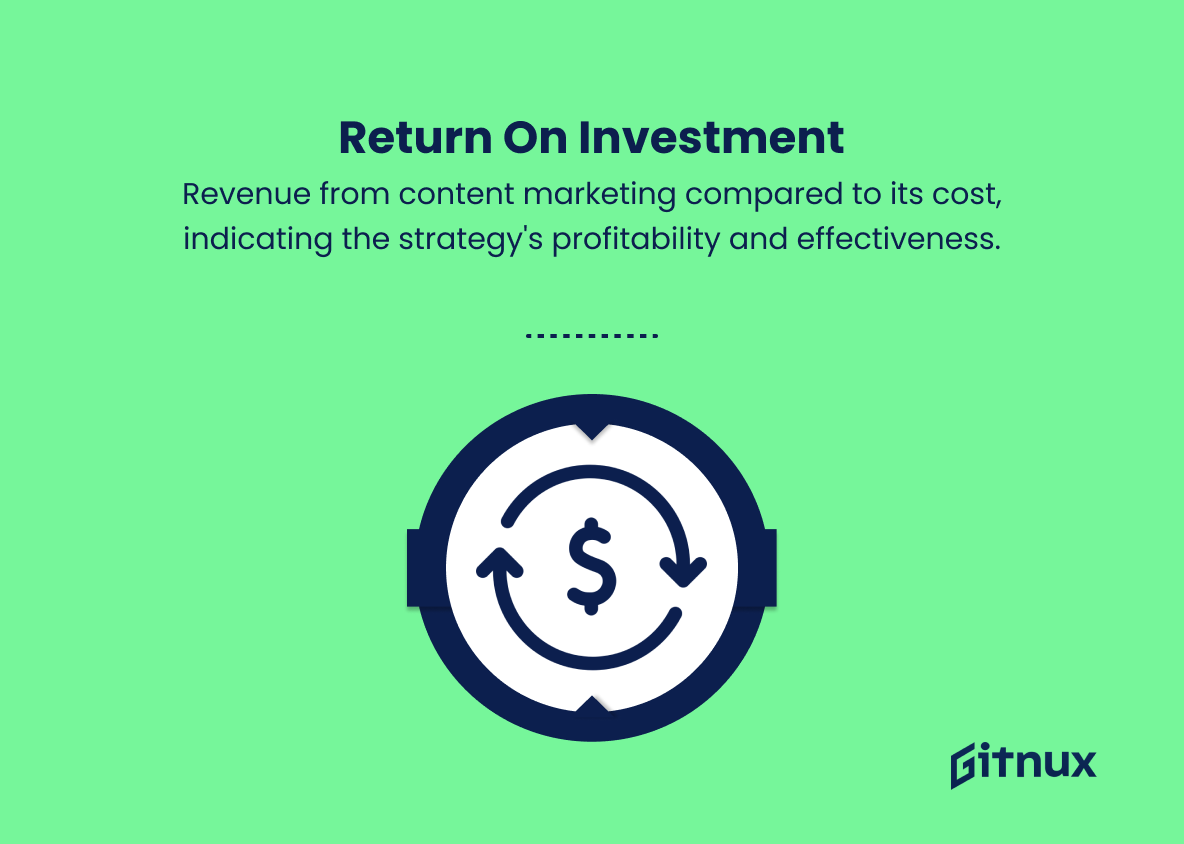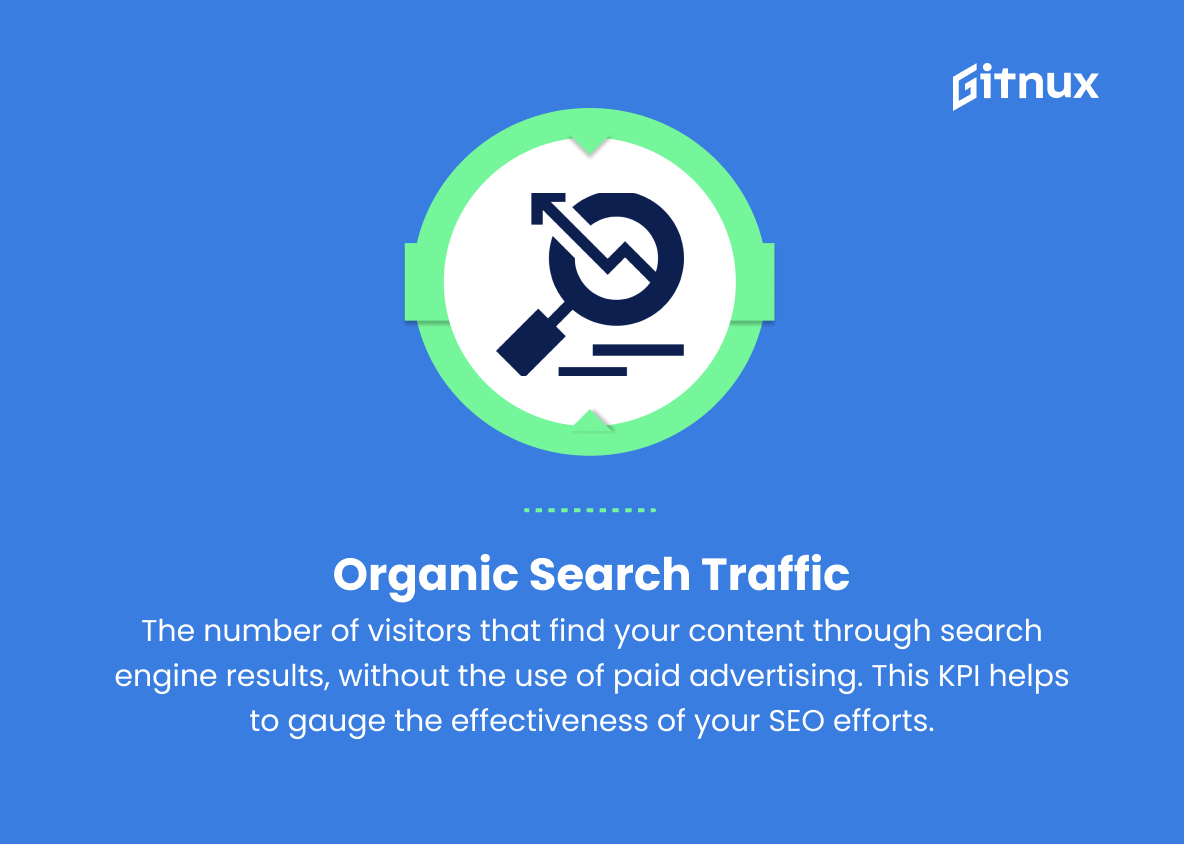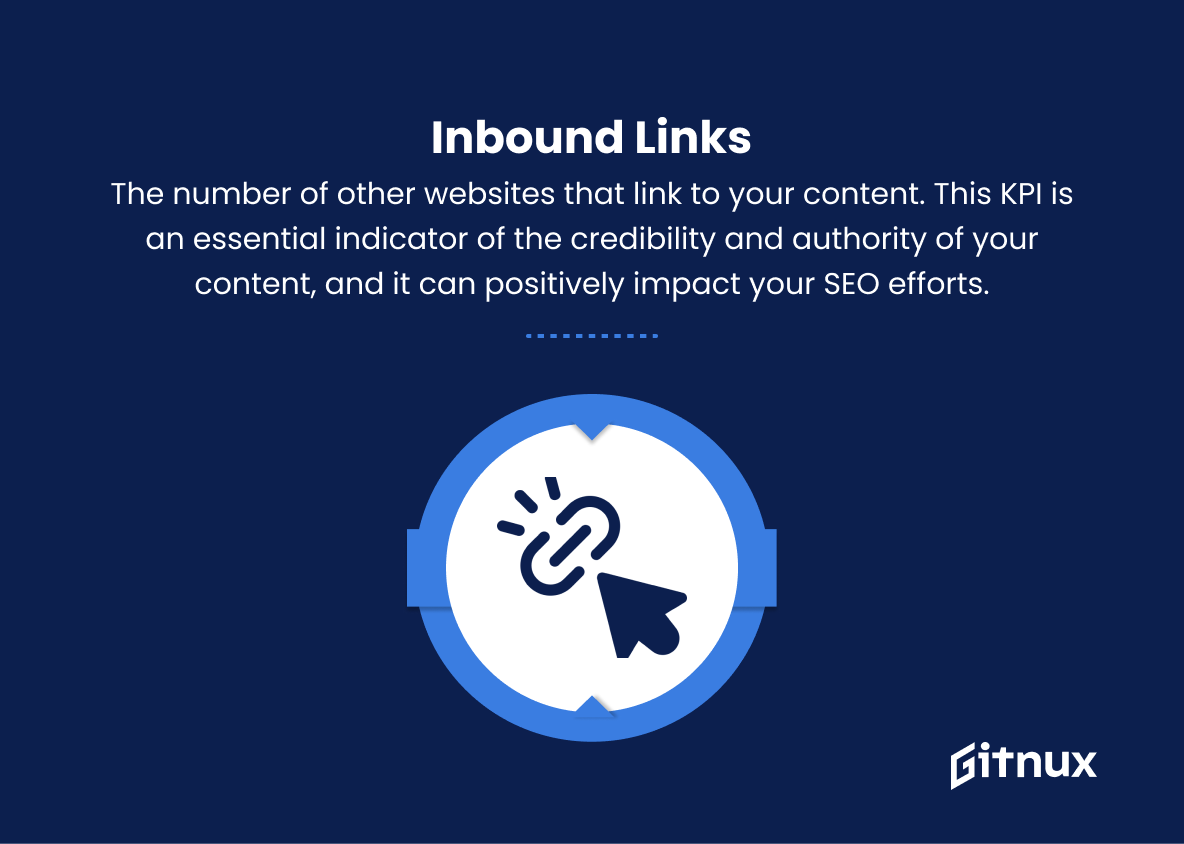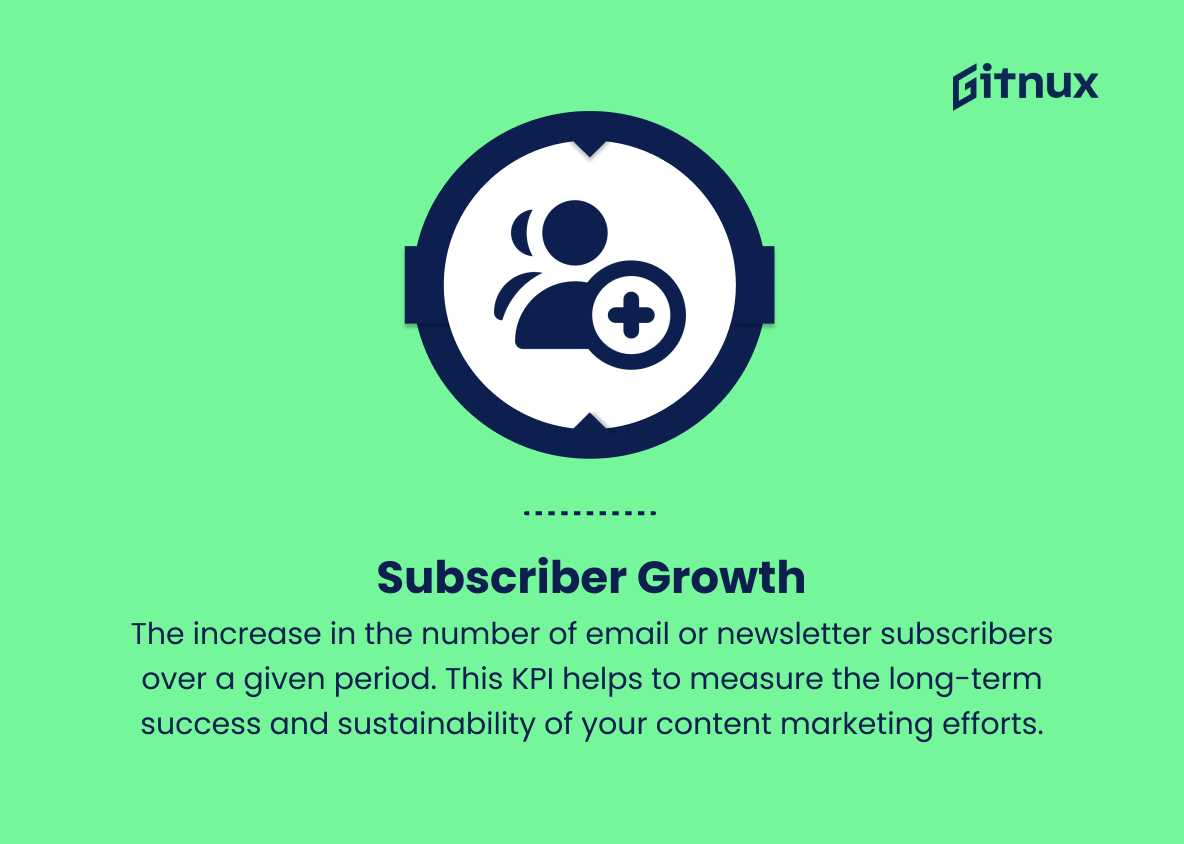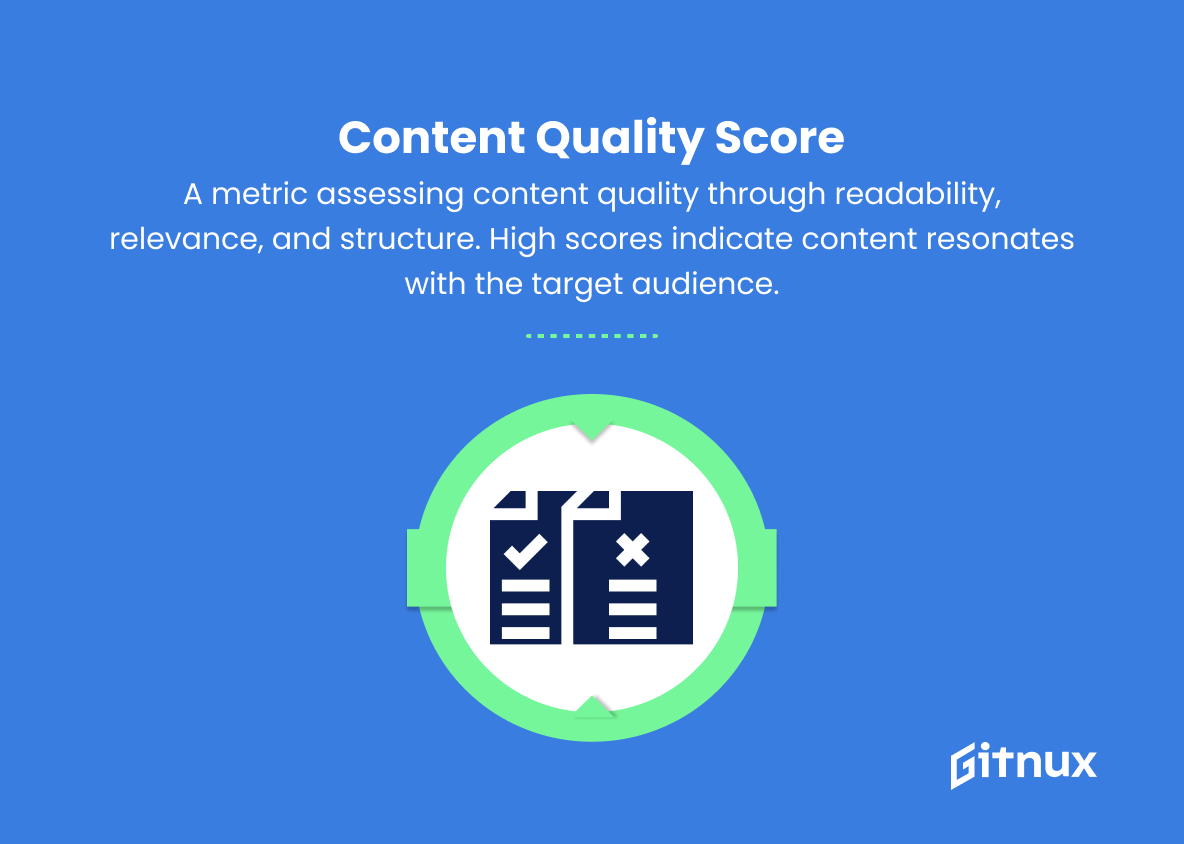In today’s fast-paced digital landscape, content marketing has become an essential aspect of a successful business strategy. As we strive to create engaging and relevant content that resonates with our target audience, it’s crucial to measure the performance and impact of these efforts. This is where Key Performance Indicators (KPIs) come into play. They help us evaluate the true effectiveness of our content marketing campaigns, adjust them according to insights, and ensure we are on the right path to achieve our business goals.
In this thought-provoking blog post, we will delve deep into the realm of Content Marketing KPIs, discussing their significance, the different types of KPIs that exist, and how to select the right ones for your unique business needs. Prepare to embark on a journey that will revolutionize your approach to content marketing and ultimately lead you toward greater success in the digital world.
Content Marketing KPIs You Should Know
1. Pageviews
The total number of times a piece of content is viewed, regardless of unique users. This KPI helps to understand the overall reach of the content.
2. Unique visitors
The number of individual users who visit a piece of content. This KPI helps to identify the size of your audience and potential new leads.
Social shares is the number of shares a piece of content receives on various social media platforms.3. Time on page
The amount of time spent on a content page by a user. This KPI helps to measure engagement and indicate if the content is holding the reader’s interest.
4. Bounce rate
The percentage of visitors who leave your website after viewing only one page. A high bounce rate can signify that the content is not relevant or engaging to the audience.
5. Social shares
The number of shares a piece of content receives on various social media platforms. This KPI helps to measure the potential virality of your content and its effectiveness in reaching a wider audience.
6. Conversion rate
The percentage of users who take a desired action (e.g., sign up for a newsletter, download a resource) after consuming content. This KPI is crucial in understanding the effectiveness of content in generating leads and driving revenue.
7. Click-through rate (CTR)
The percentage of users who click on a link embedded in your content, such as a call-to-action button. A high CTR indicates that your content is engaging and persuasive.
Subscriber growth is the increase in the number of email or newsletter subscribers over a given period.8. Return on investment (ROI)
The revenue generated from your content marketing efforts compared to the cost of production and promotion. This KPI is crucial in determining the overall effectiveness and profitability of your content marketing strategy.
9. Organic search traffic
The number of visitors that find your content through search engine results, without the use of paid advertising. This KPI helps to gauge the effectiveness of your SEO efforts.
10. Inbound links
The number of other websites that link to your content. This KPI is an essential indicator of the credibility and authority of your content, and it can positively impact your SEO efforts.
11. Subscriber growth
The increase in the number of email or newsletter subscribers over a given period. This KPI helps to measure the long-term success and sustainability of your content marketing efforts.
12. Content quality score
A metric that evaluates the overall quality of your content based on factors such as readability, relevance, and structure. A high content quality score indicates that your content is engaging and valuable to your target audience.
Content Marketing KPIs Explained
Content Marketing KPIs, such as pageviews, time on page, unique visitors, bounce rate, social shares, conversion rate, click-through rate (CTR), return on investment (ROI), organic search traffic, inbound links, subscriber growth, and content quality score, are essential to understanding the overall reach, engagement, and effectiveness of content in achieving business objectives.
They help identify the target audience, monitor the interest level, assess the potential for virality, and evaluate the profitability. KPIs also gauge the success of SEO efforts, demonstrate the credibility and authority of content, and indicate the long-term sustainability of content marketing strategies. By tracking these indicators, businesses can optimize their content to boost performance, generate leads, drive revenue, and strengthen brand reputation.
Conclusion
In summary, understanding and effectively tracking Content Marketing KPIs is crucial for measuring the success of your marketing efforts. By utilizing these key performance indicators, marketers can optimize their content strategies, make data-driven decisions, and drive tangible results.
It’s important to remember that the selection of the right KPIs is only the beginning; constantly analyzing and refining your approach will pave the way for lasting success in content marketing. Stay informed, stay adaptable, and watch your content efforts flourish.
